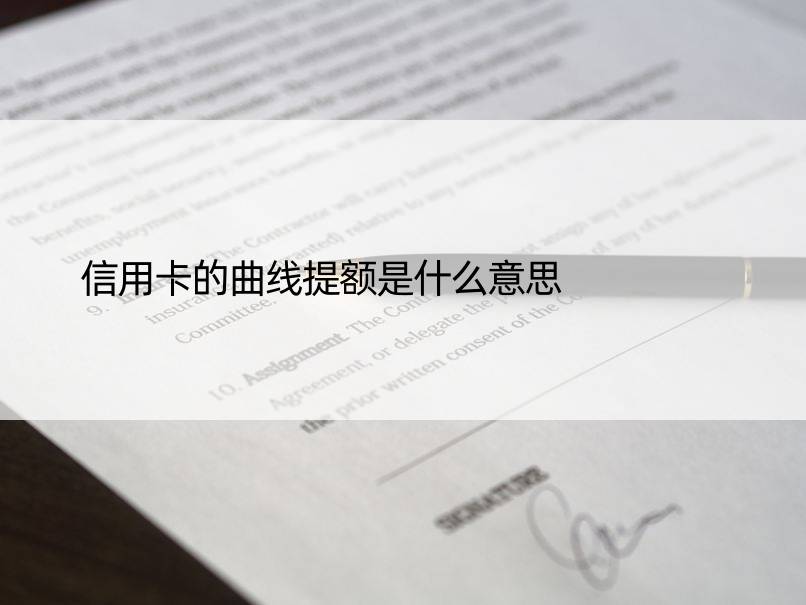没有不良记录信用卡为什么办不下来 办不下信用卡的原因有这些
没有不良记录信用卡为什么办不下来
Credit cards have become an integral part of our financial lives. They provide a convenient way to make payments and offer various perks and benefits. However, not everyone is able to obtain a credit card, even if they have a clean credit history. In this article, we will explore some of the reasons why people with no bad credit records may still struggle to get approved for a credit card.
1. Insufficient Credit History
One of the main reasons why people with no bad credit history may have trouble getting approved for a credit card is due to insufficient credit history. For individuals who have never had any loans or lines of credit, there is simply not enough information available for credit card issuers to assess their creditworthiness. Without a proven track record of responsible borrowing, credit card companies may be hesitant to extend credit.
Building a credit history is important for those who are looking to get approved for a credit card. This can be done by obtaining a secured credit card, which requires a deposit that serves as collateral. By making timely payments and keeping the balance low, individuals can establish a positive credit history over time.
2. Low Income
Another factor that can hinder the approval of a credit card application is a low income. Credit card companies often consider an applicant's income to determine their ability to repay the borrowed funds. If an individual's income is deemed insufficient to meet the credit card issuer's criteria, the application may be denied.
Increasing income or finding a co-signer with a higher income can improve the chances of getting approved for a credit card. Demonstrating stable employment and a promising financial future can also bolster the application.
3. High Debt-to-Income Ratio
A high debt-to-income ratio can also be a barrier to credit card approval. This ratio measures the percentage of an individual's income that goes towards debt payments. If the ratio is too high, it indicates a heavy debt burden, which may give credit card companies concerns about an applicant's ability to handle additional debt.
Lowering the debt-to-income ratio by paying off existing debts, reducing expenses, or increasing income can help improve the chances of credit card approval. By demonstrating a more favorable debt-to-income ratio, an applicant is perceived as less risky to lenders.
4. Limited Credit Card options for People with No Bad Credit
Some credit card companies specialize in providing credit cards for individuals with no credit history or bad credit. While these cards may have higher interest rates and lower credit limits, they can be a good starting point for those looking to establish credit. However, these options may be limited and may not offer the same benefits and rewards as cards available to individuals with good credit.
Researching and comparing credit cards targeted towards individuals with limited or no credit history can help improve the chances of finding a suitable option. It is important to read the terms and conditions carefully and choose a credit card that aligns with one's financial goals and needs.
Conclusion
While having no bad credit records may seem like a positive factor in obtaining a credit card, there are still various reasons why an application may be denied. Insufficient credit history, low income, high debt-to-income ratio, and limited credit card options are some of the factors that can hinder credit card approval. However, individuals can take proactive steps to improve their chances, such as building a credit history, increasing income, managing debt, and exploring credit card options designed for those with limited or no credit history. By demonstrating responsible financial habits and making informed choices, individuals can work towards obtaining a credit card that suits their needs.






